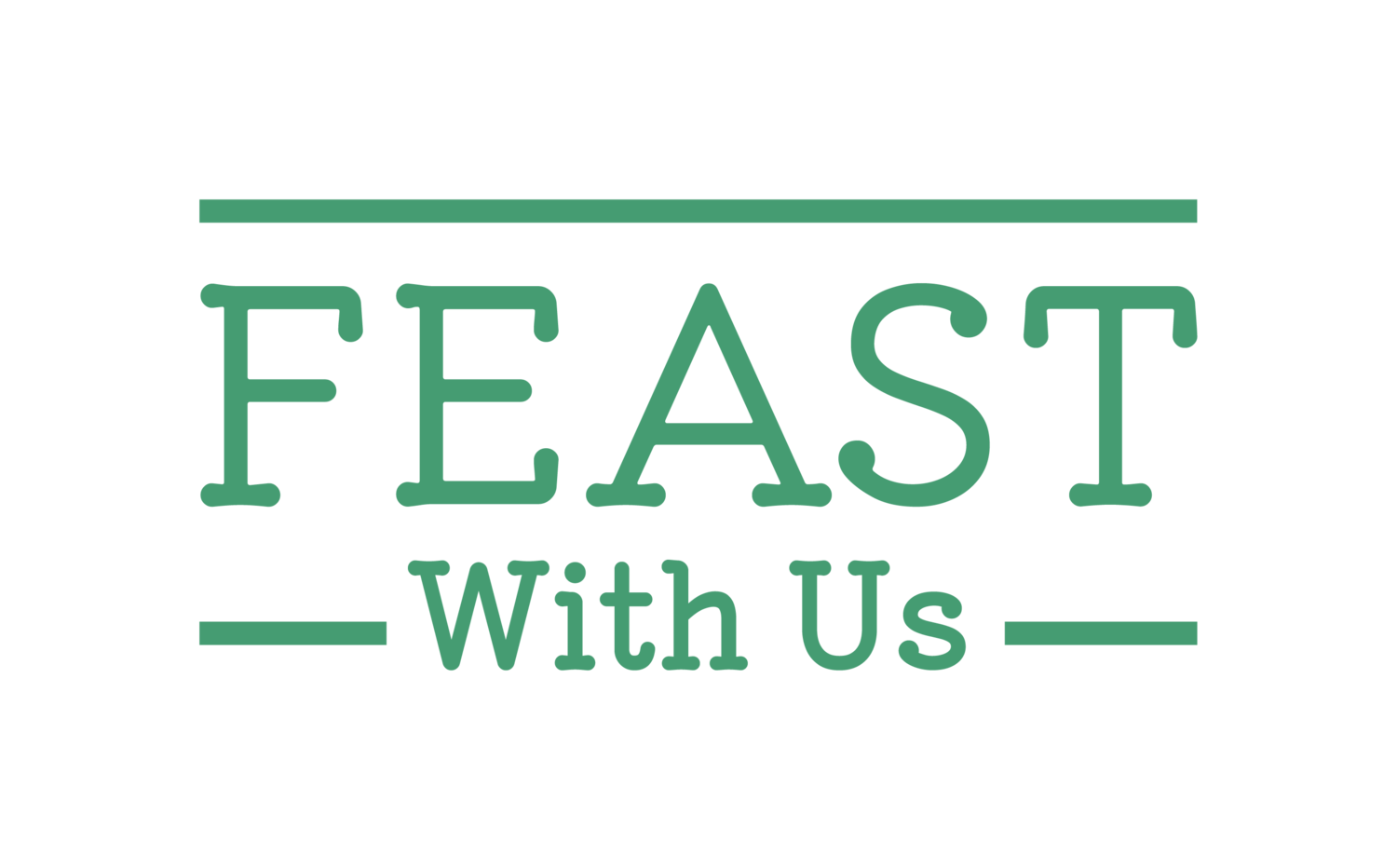The Nutritional Benefits of Fruit and Veg.
2021 is set to be a big year for fruit and veg, and not just at FEAST With Us. At the end of 2020, it was declared by the Food and Agriculture Organization of the United Nations (FAO) that 2021 would be the International Year of Fruits and Vegetables (IYFV).
The FAO was set up to lead international efforts tackling hunger, improving nutrition and promoting food security. Every year, the FAO launches an international campaign to increase public awareness over certain issues under its areas of work. The principal aim of the IYFV is to promote the benefits of fruits and vegetables and their crucial role in human nutrition, food security and health.
Many of these goals reflect our work at FEAST With Us, as we are focussed on combatting malnutrition, preventing food waste and improving food security. This article, the first of two blogs on the IYFV, will focus on nutrition and its importance in our mission, alongside tips and advice from our Founder and nutritional expert. In the second part, we will look at food loss and waste, two of the biggest issues facing our fruit and veg production and consumption, and what we are doing at FEAST With Us to tackle these.
Why the International Year of Fruits and Vegetables?
The importance of fruit and vegetables, their delicious flavour and the nutrition they add to our diets may seem obvious to some, however, globally, humans are just not getting enough. The FAO and the World Health Organization recommend that each adult consumes 400 grams of fruit and vegetables as a daily minimum, yet on average we only consume about two-thirds of this!
In fact, in 2017, around 3.9 million deaths worldwide were linked to not eating enough fruits and vegetables (WHO, 2019). This supports the fact that fruit and vegetables are not affordable, accessible or appealing to people across the world, indicating an urgent problem. There is clearly a lot to do to improve availability in order to reduce this figure.
How does our work at FEAST With Us relate to the IYFV?
At FEAST With Us, we are dedicated to bringing the life-saving benefits of fruit and veg to those who need it the most. We work predominantly with fresh fruits and vegetables, intercepted from going to waste by our volunteers, transforming them into healthy and nutritious meals for vulnerable people experiencing food poverty.
The charity itself was founded by an NHS dietician, our founder and chairwoman Hannah Style. We spoke to Hannah about fruit and vegetables and why they are so important in providing vital nutrition and health to meals cooked in the FEAST With Us kitchen. “Fruits and vegetables are high in dietary fibre”, says Hannah, “especially found in their skins”, which contributes towards a healthy digestive system.
They also contain a whole host of other vitamins and minerals, from Vitamins A, D and E to potassium, calcium, magnesium, zinc, phosphorous and folic acid, as well as beneficial phytochemicals. Phytochemicals are chemicals found in plants, which influence their colour, taste and smell. These include carotenoids, such as beta carotene in carrots or lycopene in tomatoes. Evidence suggests they may inhibit cancer growth and cardiovascular disease, while other phytochemicals have been linked to lowering blood pressure, reducing cholesterol and fighting viruses.
Hannah explained that the Vitamin C found in fruit and veg help us better absorb iron-rich foods such as pulses and dark leafy greens. She recommends “a portion of fruit or veg as a perfect complement to any non-meat source of iron...to help it go down and promote good energy levels!” For a natural immunity boost, fresh fruit and veg are the ideal choice as they are “packed full of Vitamin C, amongst other antioxidants, which is important to keep our immune function tip top in these difficult times”, she reminds us.
What can you look out for when thinking about eating more nutritiously?
When choosing fruit and vegetables, be sure to look out for different colours to guarantee you get a variety of nutrients. This is because the colours often contain the health-boosting phytochemicals essential to our diets.
See below for some examples:
The effects of eating a variety of fruit and vegetables are powerful; they can play a vital role in helping to prevent diseases such as cancer, diabetes, heart disease and obesity. Yet there is still so much to do to get this message out there, and to make sure more people are able to access healthy and delicious produce and the benefits they provide.
This is where you come in!
Get involved with FEAST With Us
At FEAST With Us, we are always looking for new volunteers to help us in our mission to tackle malnutrition, food insecurity and food waste. Whether it’s collecting surplus donations from our partner retailers, cooking up a storm from an abundance of fruit and vegetables, fighting waste as a Food Waste Champion, or delivering meals to those in need, an extra pair of helping hands is always needed.
As a part of our Zero Food Waste project at FEAST With Us, a new opportunity was recently created for our volunteers to become Food Waste Champions. Our Food Waste Champion volunteers help us make the most out of the generous donations we receive by minimising the food waste resulting from our cooking sessions. Look out for next week’s blog, where we’ll further discuss food loss and waste as part of the IYFV, and develop on the crucial role it plays in FEAST With Us’ work.
To register your interest in any of our volunteer roles, please visit our website for more information or click the button below to find out more.
You can also keep up-to-date with our work by following our social media channels.
Writtten By:



